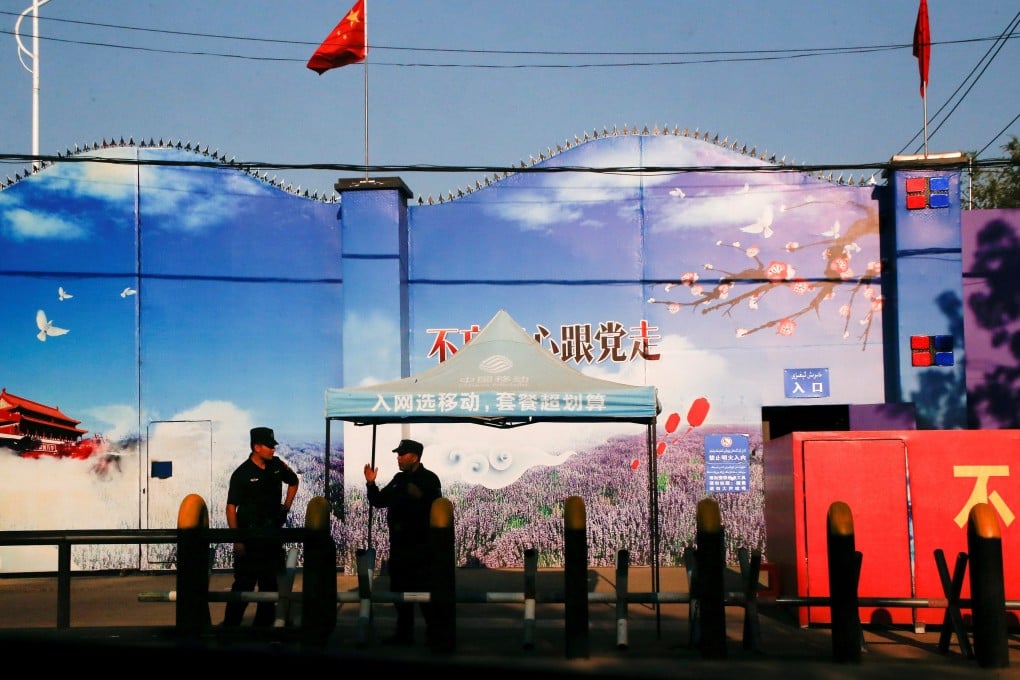Advertisement
Record numbers of Chinese granted refugee status in Japan
- New high of 11 comes despite travel restrictions, as those fleeing China cite alleged intolerance of religious and political beliefs and Beijing’s actions in Xinjiang
- Support groups say Hong Kong residents are expected to be among those seeking asylum in near future
3-MIN READ3-MIN
79

Nearly one-quarter of the foreign nationals granted refugee status by Japan in 2020 were Chinese, a record high despite the dramatic decline in people arriving from China on tourist visas last year because of the coronavirus pandemic.
Support groups for refugees in Japan said some of those fleeing China cited alleged intolerance of religious and political beliefs, while some were from Xinjiang, the far-western region of the country where Beijing has been accused of detaining up to 1 million Uygur Muslims in internment camps.
Countries including the United States have accused China of genocide, arguing that the camps are part of a systematic attempt to destroy the ethnic group, but Beijing claims the centres are “re-education” facilities offering vocational training that are aimed at preventing religious extremism and terrorism.

02:46
UK parliament declares Uygurs suffering ‘genocide’ in China’s Xinjiang
UK parliament declares Uygurs suffering ‘genocide’ in China’s Xinjiang
The support groups said they expected to see applications for refugee status from residents of Hong Kong in the near future as a result of Beijing’s tightening controls in the city.
Advertisement
Earlier this year the Japanese government told China it could not “tolerate mass arrests” in Hong Kong, in a reference to Beijing’s implementation of a national security law in the city. Opponents of the law, which creates four offences – secession, subversion, terrorism and collusion with foreign forces – say it is so widely defined that it can be used to stifle civil liberties. However, Beijing and the Hong Kong government have defended it as necessary to bring back stability to the city, which before the law’s implementation had been rocked by months of anti-government street protests.
A total of 47 foreigners were recognised as refugees and permitted to remain in Japan in 2020, of whom 11 were Chinese, according to the Immigration Services Agency of Japan. However, none of the 11 are from Hong Kong.
Advertisement
Tokyo’s record on refugees has long been a source of international criticism, with the number of people allowed to settle in Japan contrasting poorly with many Western countries. In 2019, Japan accepted 44 refugees, compared to 53,973 refugees accepted by Germany, 44,614 given the right to settle in the United States and more than 30,000 in France. Yet Japan does appear to now recognise that more Chinese should be considered refugees.
Advertisement
Select Voice
Select Speed
1.00x